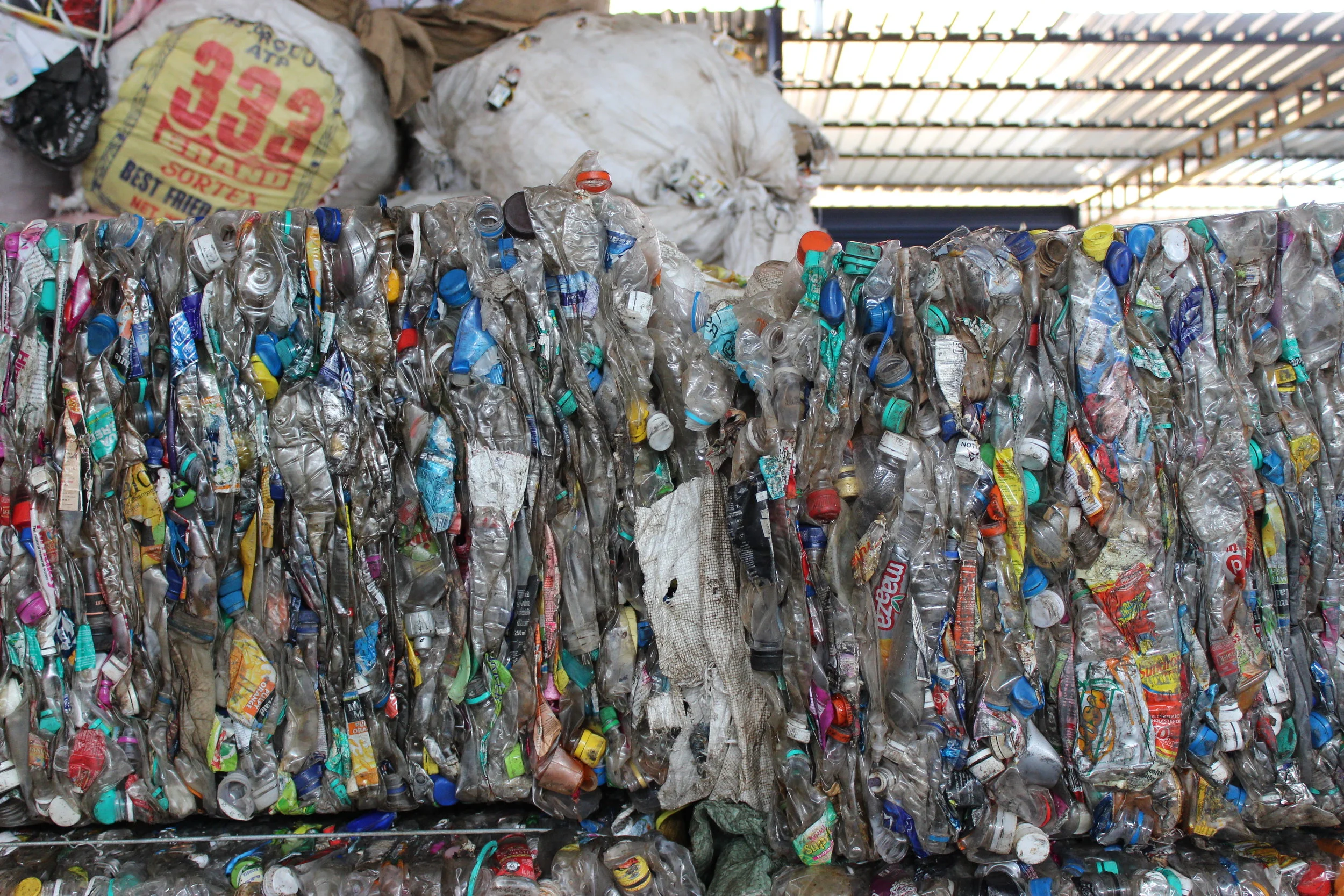Alternatives to plastic are yet to be used efficiently on a large scale and so using recycled plastic in packaging seems like the most reasonable solution to the growing concerns of plastic pollution. Here are some reasons why you should use recycled plastic:
Doing it Right - Which Countries Recycle the Most?
Where does plastic come from?
It’s in the cars we drive, the technology we use, and the clothes we wear. Plastic is simply everywhere we look. It’s the material that radically changed society and has made modern life possible, in many ways.
But have you ever stopped and wondered: where does plastic come from? If yes, then read on, because you are about to find out!
What is the Informal Waste Economy?
With waste generation increasing rapidly the systems that manage this waste have become vital cogs in our social framework. Most cities in emerging economies rely on fragmented methods of waste management in what are called informal waste economies. These parallel systems have become indispensable to developing nations and yet hardly receive any recognition for its invaluable contributions.
Plastics For Change announced as a winner of the $1m Global Maker Challenge
Plastics for Change has just been announced as a winner of the $1m Global Maker Challenge, for our plastics circular economy solution. The challenge was launched in partnership with 10 UN agencies and the judging panel was led by MIT SOLVE, and it received more than 3,400 entries from 148 countries.
The Informal Waste Economy in the Age of COVID-19
Informal waste economies in the global south have been some among the most affected by the COVID19 pandemic. While relief measures are necessary, it is clear that restoring and stabilising the livelihoods of the players in these economies is the key to any long-term solution. For this to work, it’s vital that consumer brands stay committed to their recycling related sustainability goals and expand on their sourcing of recycled material. They can rise to the occasion and lead the way in affecting this change and by doing so create a culture of sustainable living.
Plastics For Change announces investment of $2 million
Plastics For Change has raised $2 Million USD in a funding round lead by Mirova through The Althelia Sustainable Ocean Fund. The investment will go towards scaling our fair trade recycling model across coastal communities in South Asia and helping us accelerate the plastics circular economy while promote social change.
Imagine if countries could pay down their global debt through the reduction of C02 emissions
Without dramatic action, our C02 emissions will reach 450 PPM and climate will destabilize beyond the point of return. Humanity has only one inevitable course of action to save our climate. We must put a value on the reduction of Co2 emissions. For decades, the Convention of Parties ( COP ) have been working on this but to no prevail. However, due to the COVID, central banks are printing money and creating trillions of dollars. Humanity must seize this opportunity to implement a negative interest rate Green Economy Bond and to put a universal price on the reduction of carbon emissions, while stimulating demand for a plethora of new industries and environmental services.
2020 FMCG environmental sustainability trends
Offset An Entire Year of Plastic
Clear PET is built for the circular economy
Clear PET plastic is the most widely recycled plastic in the world. This is for good reason, the polymer chains break down at a lower temperature, so the chain isn’t degraded during the recycling process. Recently, GA circular released a report showing companies that make a PET bottle coloured instead of clear reduces its value in the South-east Asian recycling market by $84 a tonne. The report provides a blueprint for PET plastic to be part of the circular economy, encouraging the recycling of this valuable material.
Inside a Global Beauty Brand's Mission to Invest in the Workers Who Make Plastic Recycling Possible
National framework for India’s extended producer responsibility (EPR) is now prepared
The framework is a result of brands and manufacturers needing directions to manage extended producer’s responsibility (EPR). The laws make it mandatory for companies to collect- back and recycle their plastic. India generates approximately 25,000 to 30,000 tonnes of plastic waste every day. Approximately 10,556 tonnes of this waste remains uncollected and thus reaches landfills or is thrown on the streets.
The Body Shop & Plastics For Change Will Give You SO Much Incentive To Recycle! - LBB
We're all guilty of loving brands that throw caution to their moral conscience, but the beauty of this brand is that the warring factions of our hearts (that want fabulous—but ethical—products) can breathe easy. Apart from being a vegan, cruelty-free brand that doesn't test on animals, TBS has launched its first Community Trade recycled plastic endeavour by partnering with some really phenomenal NGOs—Plastics For Change, Hasiru Dala and Hasiru Dala Innovations.
A human approach to plastic pollution
Empowering Companies to Procure with Purpose
We need to step up our waste management: Plastics for Change founder Andrew Almack
Look around and you will see it but might not notice it. It is inconspicuous but omnipresent. According to National Geographic, four hundred and forty million tons of it were manufactured in 2015. By 2050, this number is expected to double. From coastal countries, about eight million tons of it enter the ocean. It is plastics, a familiar parasite.
Case Study: Standardizing informal recycling methods and providing a consistent supply of recycled plastics
How Plastics For Change became the first fair trade recycling company verified by the World Fair Trade Organization
Our fair trade journey began with a bold idea. That plastic could be used as a resource to reduce poverty. We launched a crowdfunding campaign titled “The World's First Fair Trade System for Urban Waste Pickers.” This campaign was successful and provided the seed funding to get started.


































